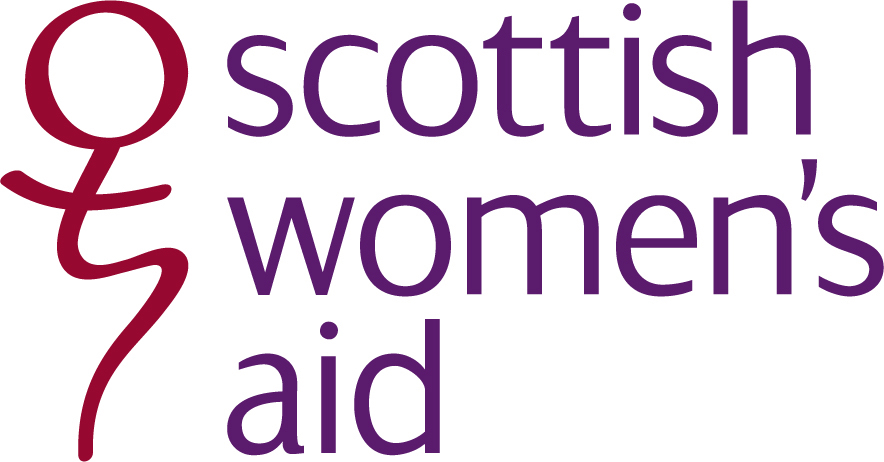The first recorded competitive high jump was held in Innerleithen, Scotland, in 1827. Back then, the ‘scissors’ approach was used by athletes to clear the bar and the world record was set at 1.575m (5’2). This approach was adapted and modified by athletes over time, from the ‘Eastern cut-off’ (1.97m), the ‘Western Roll’ (2.01m) and the ‘Straddle’ (2.13m).
Then in 1973, with the adoption of raised, softer, cushioned landings, Dick Fosbury introduced the world to the ‘Fosbury Flop’, clearing the bar and landing on his back. This new innovation was quickly adopted by athletes throughout the world, with US athlete Dwight Stones setting a new world record in 1973 at 2.3m. Suddenly the marginal gains achieved in the past seemed anaemic. The Fosbury Flop remains the style used by athletes to this day, with the world record now at 2.45m (a smidge over 8’)!
But the high jump itself has not changed. It has remained a competition in which athletes attempt to jump, leap or otherwise clear a horizontal bar. But the method to do so has evolved, through the relentless pursuit of excellence by athletes, seeking every ounce of competitive advantage they can.
Unlike the high jump, the world of real estate in Scotland has gone through more than its fair share of change and upheaval. Regulatory compliance, legislative changes and evolving consumer demands are just a few of the challenges we all face on a daily basis. Coupled with declining supply of rental property stock and rising costs impacting property sales, we frequently find ourselves in a position of needing to do more, with less.
When I first started in this business, I had little more than a spreadsheet, a little optimism and a lot of hope. And it was enough. Until it wasn’t. Manual systems have their limitations and before long, human error creeps in and oversight places increasing demands on time. In a business that is built on personal relationships, it is counter-productive to be sweating in front of a screen, making sure everything that needs to happen, has happened.
Automating processes as much as possible allows us to scale and grow, and affords us the time to concentrate on what is truly important. From those early, ‘stress-and-spreadsheets’ days, we have adopted many platforms that provide high levels of automation for mundane tasks. Without endorsing any of them, a few of our favourites include PayProp, providing an automated and fully auditable platform for rent payments and transactions. Our short term let portfolio would not be able to function without our property management system, providing guest communication, pricing, calendar integration, amongst many other functions. And our anti-money laundering platform provides rapid background checks and identity verification, when working on residential sales.
All of these systems are transactional in nature. They perform set tasks well, but they lack ‘intelligence’. What does the brave new world of AI have to offer our industry? Common consensus says that any knowledge-based industry will be radically transformed. The introduction of AI commoditises knowledge, makes it available to everyone. And consequently, devalues it. Whilst real estate is not strictly a ‘knowledge economy’ market, it has many aspects that fit the definition. Applying AI to valuation and investment analytics helps informs buyers and sellers alike, as well as predicting emerging market trends and investment opportunities. Many of our legal and compliance requirements can be streamlined and enhanced with the use of AI and customer satisfaction can be improved with the use of tools to respond to routine enquiries, scheduling viewings and recommendations.
AI will undoubtedly commoditise knowledge. It will also be a great leveller, creating an even playing field where small, independent agencies can compete with the larger, multi-branch agencies. It feels oxymoronic – but the adoption of AI driven systems will allow us as real estate professionals to focus on what is truly important in this industry – the personal relationships with landlords, tenants, sellers and buyers. Ours is a people industry. The bar keeps getting set higher and we have the tools to innovate and clear it in our hands.









